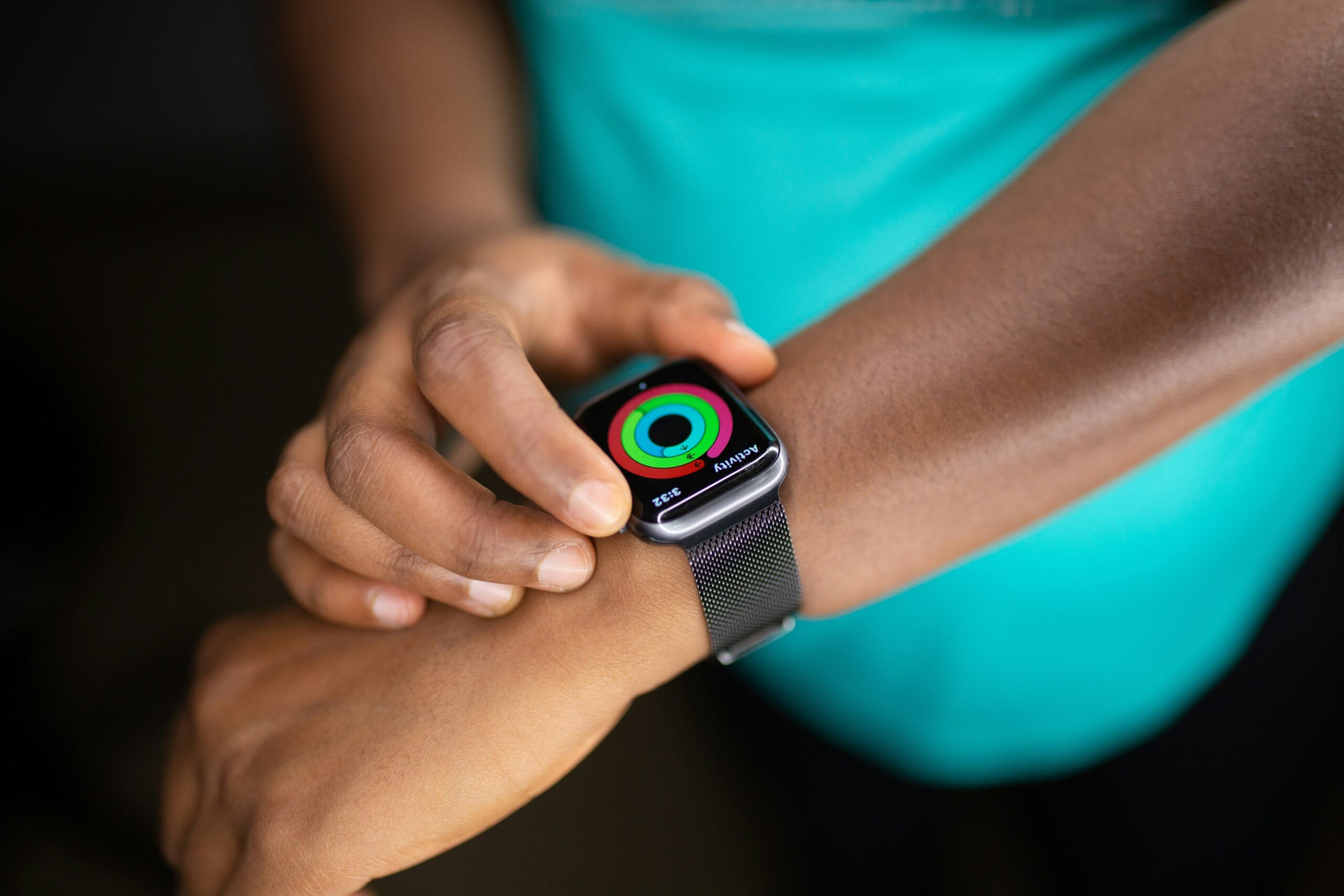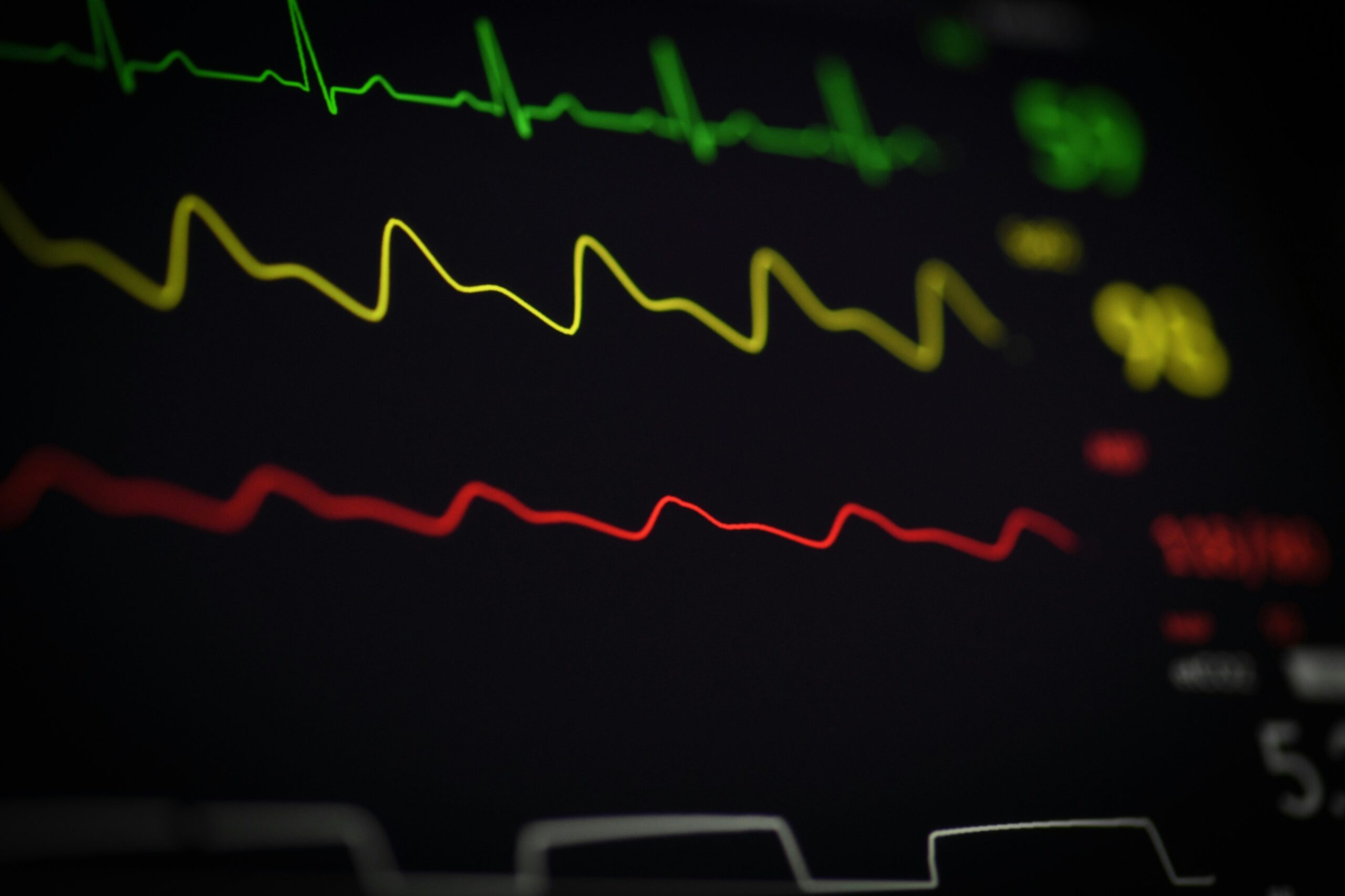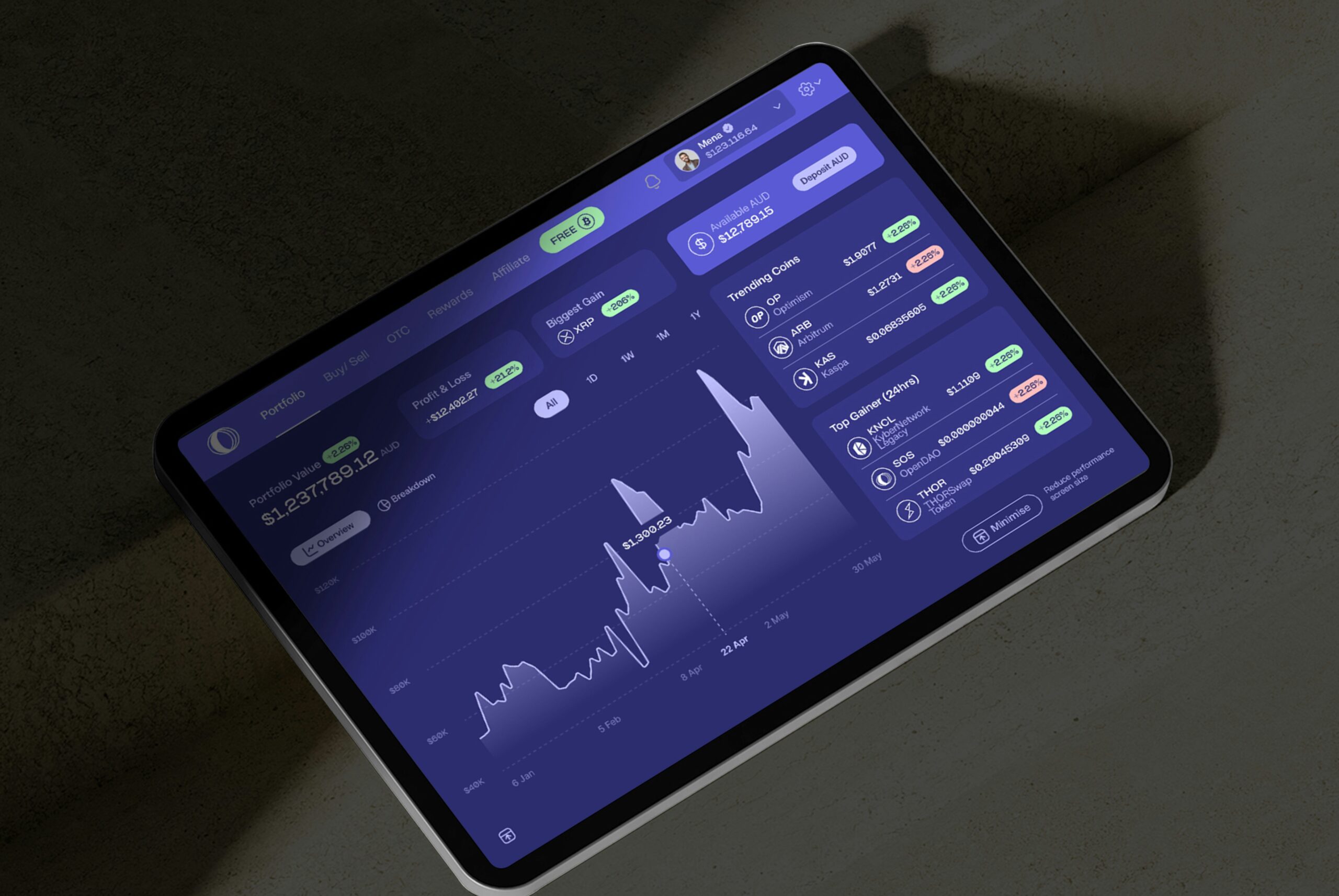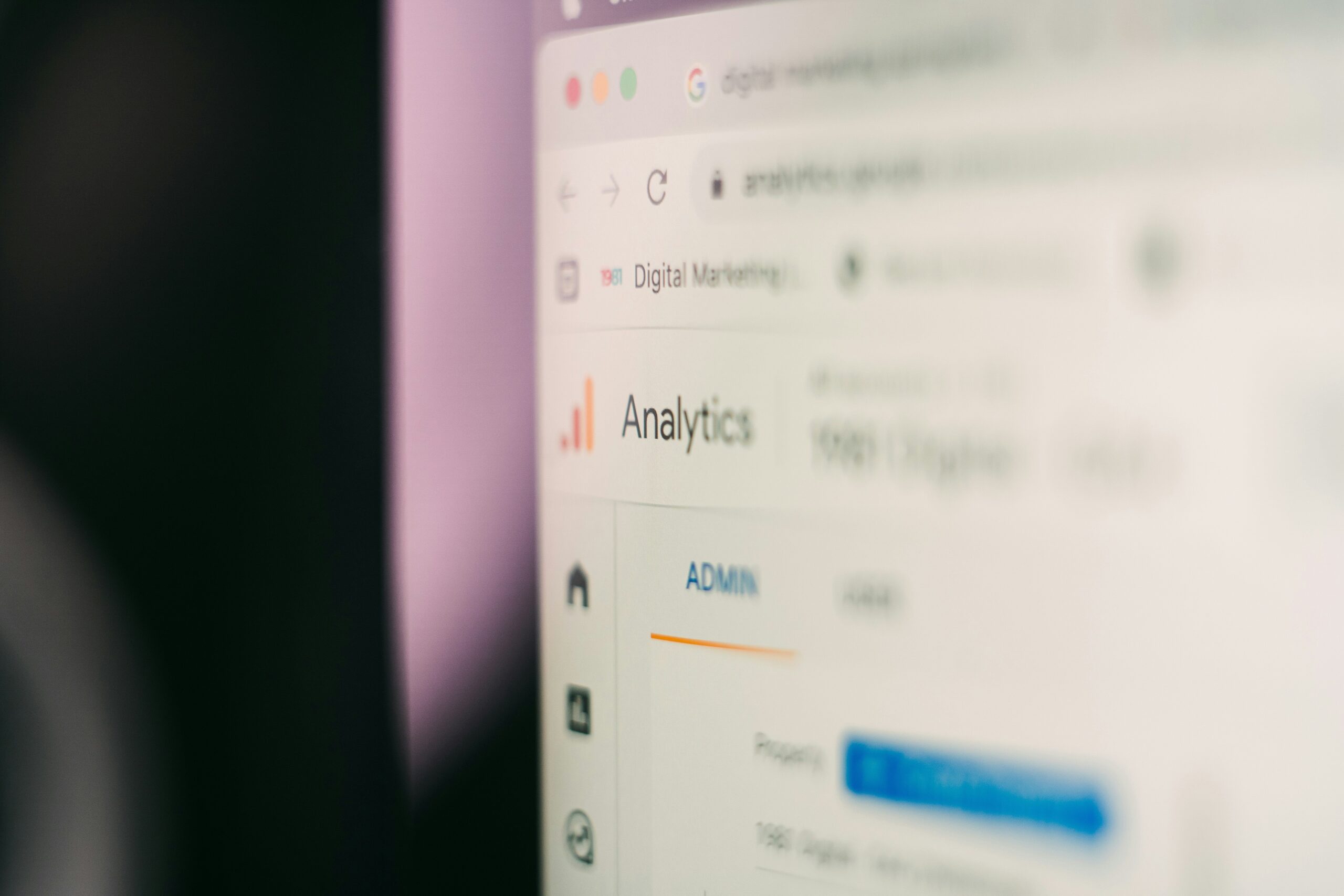Ever feel like you’re drowning in a sea of data but can’t seem to make sense of it? Yeah, us too. But what if I told you there’s a way to turn that chaos into clarity and skyrocket your well-being?
In this post, we’ll dive deep into the world of Data Monitoring Tools, how they can transform your productivity and well-being, and why ignoring them might just be the dumbest thing you do today. You’ll learn the best tools, actionable tips for implementation, and even uncover real-world examples that will leave you saying, “Whoa.”
Table of Contents
- What Are Data Monitoring Tools?
- Why You Need Data Monitoring Tools in Your Life
- Top 5 Data Monitoring Tools You Can’t Ignore
- Tips for Getting the Most Out of These Tools
- Real-World Examples That Prove It Works
- Frequently Asked Questions
Key Takeaways
- Data Monitoring Tools are essential for managing both productivity and well-being.
- The right tool helps track habits, analyze performance, and provide actionable insights.
- Choosing the wrong app—or none at all—can lead to inefficiency and burnout.
What Are Data Monitoring Tools?

Data Monitoring Tools aren’t just fancy charts on a screen; they’re lifelines to understanding ourselves better. From tracking sleep patterns to monitoring daily steps or analyzing research efficiency, these tools gather data so YOU don’t have to.
Confession time: Once, I trusted my brain alone to manage my goals. Spoiler alert—it didn’t work. My overconfidence turned me into an underachiever who forgot half their tasks by lunchtime. Trust me when I say: “Not fun.”
Optimist Me: “You’ve got this! Just wing it!”
Grumpy Me: “Oh, sure, let’s ignore the fact that I missed EVERY deadline last week.”
Why You Need Data Monitoring Tools in Your Life
Picture this: Every morning you wake up knowing exactly where you stand—how much caffeine you’ve consumed, how many hours you slept, and whether you’re crushing your wellness goals. Sounds like magic, right? Nope, it’s science backed by technology.
Without these tools, here’s what happens:
- You waste time guessing what needs improvement.
- You set unrealistic expectations because you lack concrete feedback.
- Your stress levels spike as things spiral out of control.
A personal rant: Nothing frustrates me more than people relying solely on intuition when hard data is sitting RIGHT THERE waiting to help. Stop being stubborn!
Top 5 Data Monitoring Tools You Can’t Ignore

Let’s cut through the noise. Here are the BEST Data Monitoring Tools tailored specifically for productivity and well-being:
- Fitbit: Perfect for fitness enthusiasts wanting to monitor heart rate, sleep cycles, and activity levels.
- Notion: A customizable workspace ideal for organizing projects, setting reminders, and tracking progress.
- Evernote: Keeps tabs on notes, ideas, and documents while integrating seamlessly with other apps.
- Google Analytics: For those nerding out on research stats—track website traffic, user behavior, and trends.
- Toggl Track: Time management made easy. Log every second spent on tasks to improve focus.
Terrible Tip Disclaimer:
Don’t download ALL the apps at once. Trust me—I did this once thinking I’d become some kind of superhuman multitasker. Instead, I ended up overwhelmed and deleted most within days.
Tips for Getting the Most Out of These Tools

To truly master productivity, follow these tips:
- Start Small: Pick one tool and stick with it until you see results.
- Be Consistent: Use it daily (or weekly) to build healthy habits around data collection.
- Analyze Regularly: Schedule weekly check-ins to review insights and adjust strategies accordingly.
- Stay Realistic: Don’t expect perfection overnight. Progress > Perfection.
Real-World Examples That Prove It Works
I know someone who used Notion to organize her chaotic freelance schedule. Within two months, she doubled her income simply by optimizing her workflow based on tracked data. No joke—that’s chef’s kiss for efficiency gains.
Another example: A friend relied on Toggl Track during his PhD thesis writing process. By identifying which parts of his day he wasted the most time on, he shaved off unnecessary distractions and completed his thesis three months early. Whirrrr—sounds like his laptop fan working overtime, doesn’t it?
Frequently Asked Questions
Q: Do I really need a Data Monitoring Tool?
Absolutely. Whether you want to boost productivity, improve health, or streamline research processes, these tools offer unparalleled insight into areas you otherwise wouldn’t notice.
Q: Can I use multiple tools together?
Yes—but start slow. Begin with one tool, then gradually integrate others as needed. Avoid the overwhelm trap.
Q: How much do these tools cost?
Many offer free plans, but premium options unlock advanced features worth considering.
Conclusion
Data Monitoring Tools are no longer optional—they’re a necessity. Whether you’re striving to ace your next research project, fine-tune your wellness routine, or simply stay organized, leveraging these tools can make all the difference.
To recap:
- We defined what Data Monitoring Tools are and why you desperately need them.
- We explored top tools like Fitbit, Notion, and Google Analytics.
- You got actionable tips AND a brutal dose of honesty.
P.S. Like a Tamagotchi, your SEO strategy also needs daily love. Go on—feed it quality content!


